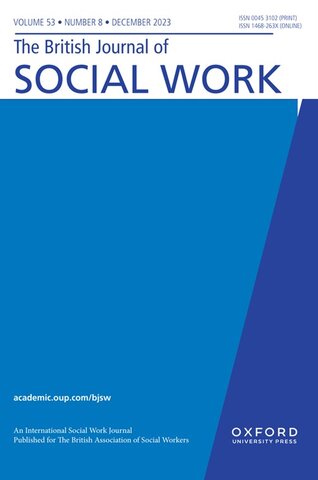This article uses life history research to reveal a new understanding of institutional care. The study draws on interviews with care leavers from a Latvian orphanage who narrate life histories and identify critical life events and moments of resistance to times of adversity. The methodology intentionally positioned study nineteen care leavers as experts on their own experiences, focusing on three main life phases: before, during and after living in care.
Findings deconstructed and brought nuance to stereotypes and dominant assumptions about people growing up in care, providing alternative narratives of self-reliance and resistance to adversity.
Recommendations for practice and policy are discussed. This rich knowledge base can be used to support and inform the practice of children in the care system in Latvia and more widely.

